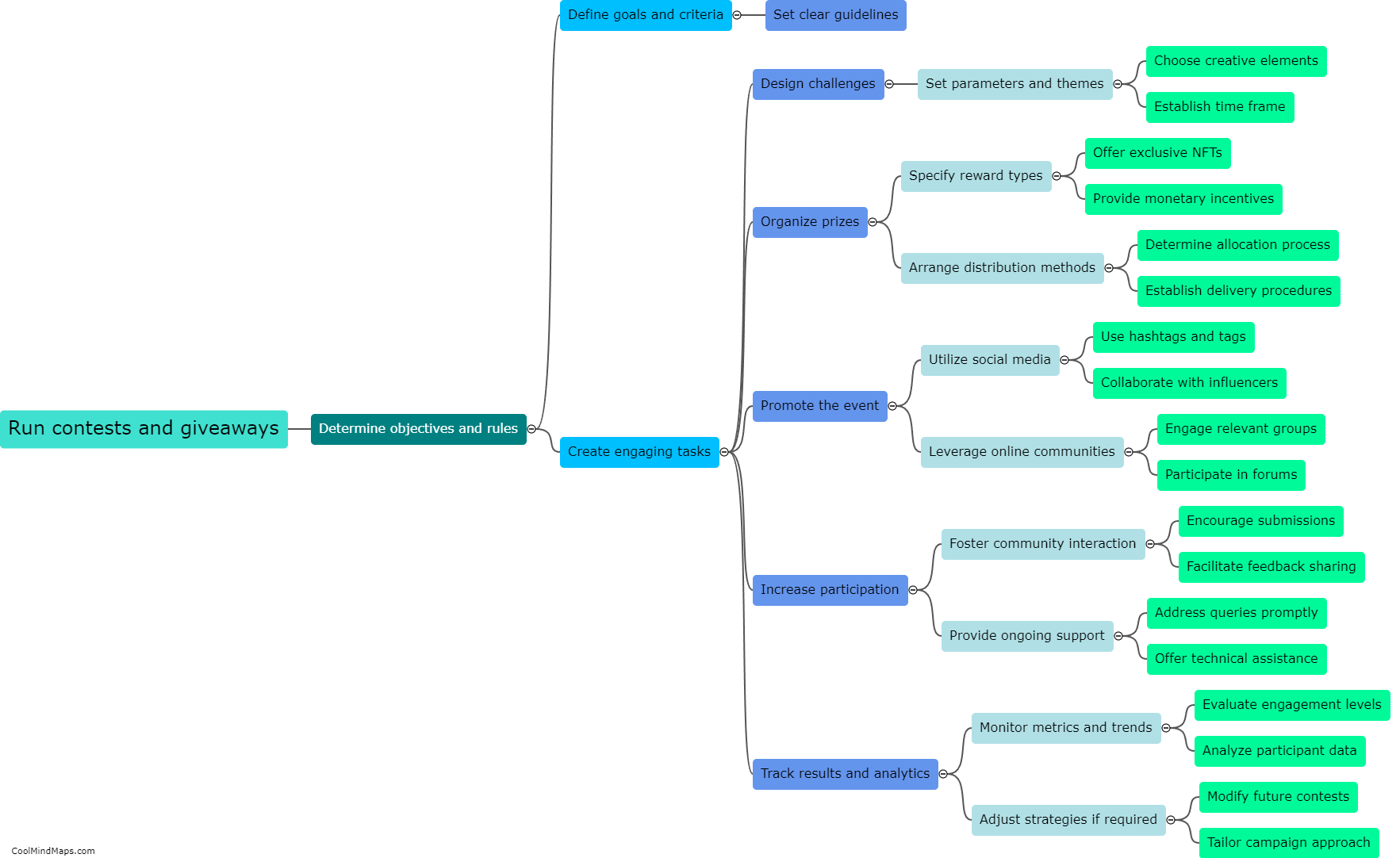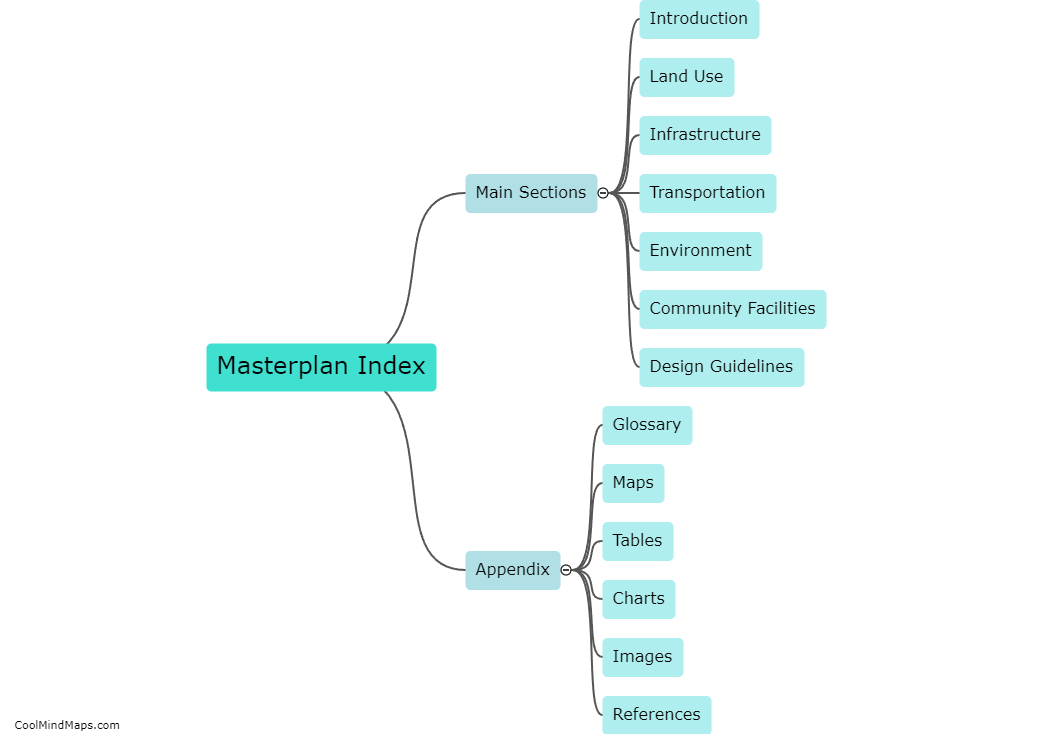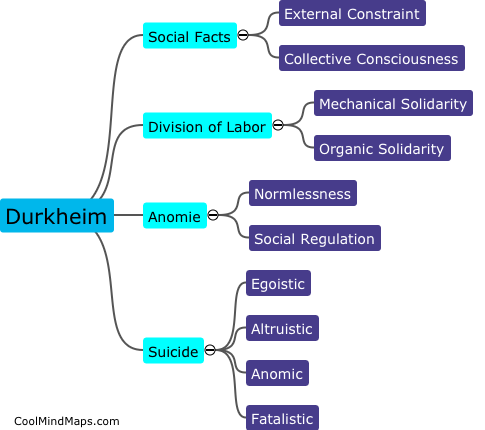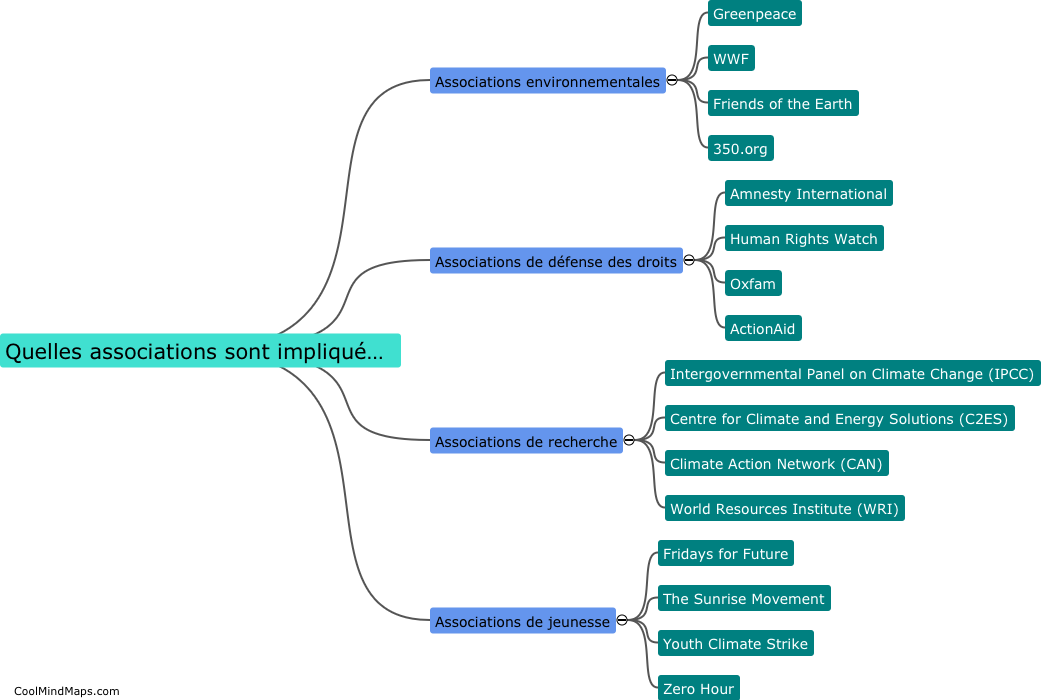What are enzymes and how do they work?
Enzymes are biological molecules, typically proteins, that act as catalysts in living organisms. They play a crucial role in performing various metabolic reactions within cells. Enzymes work by lowering the activation energy required to start a chemical reaction, thereby speeding up the reaction rate. They achieve this by binding to specific substrates and facilitating the breaking or forming of chemical bonds. Enzymes are highly specific, meaning that each enzyme typically catalyzes a specific reaction or a group of closely related reactions. The activity of enzymes can be regulated by factors such as temperature, pH, and the concentration of substrate or product molecules. Overall, enzymes are essential for maintaining the flow of biochemical reactions in cells, allowing organisms to efficiently carry out their physiological functions.

This mind map was published on 5 December 2023 and has been viewed 86 times.











